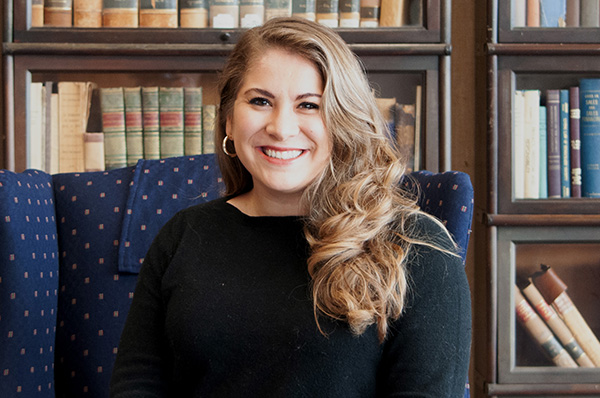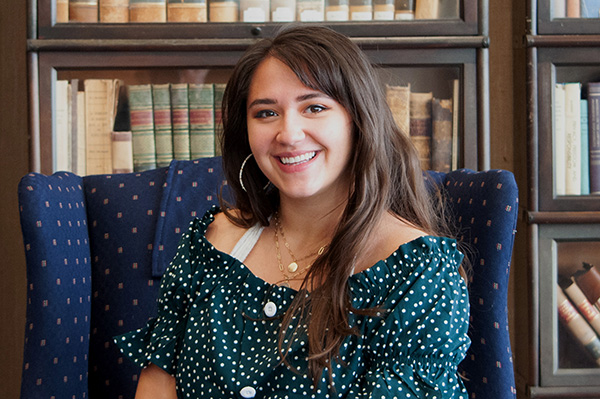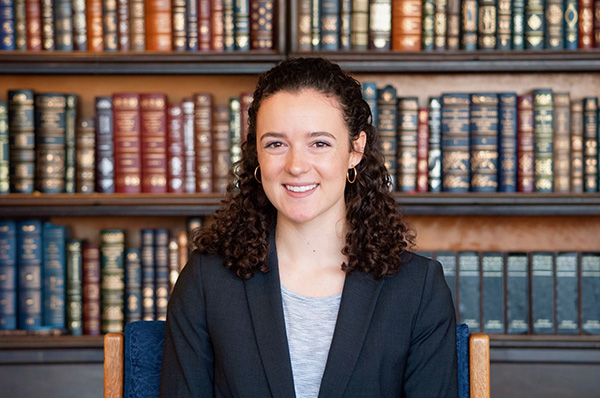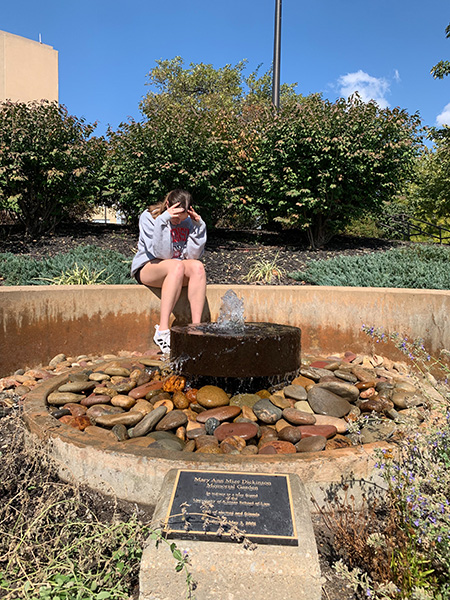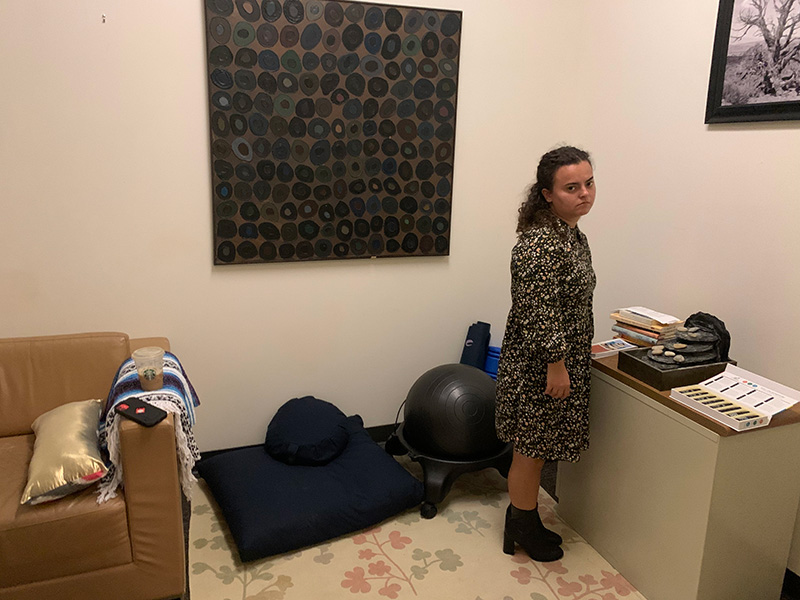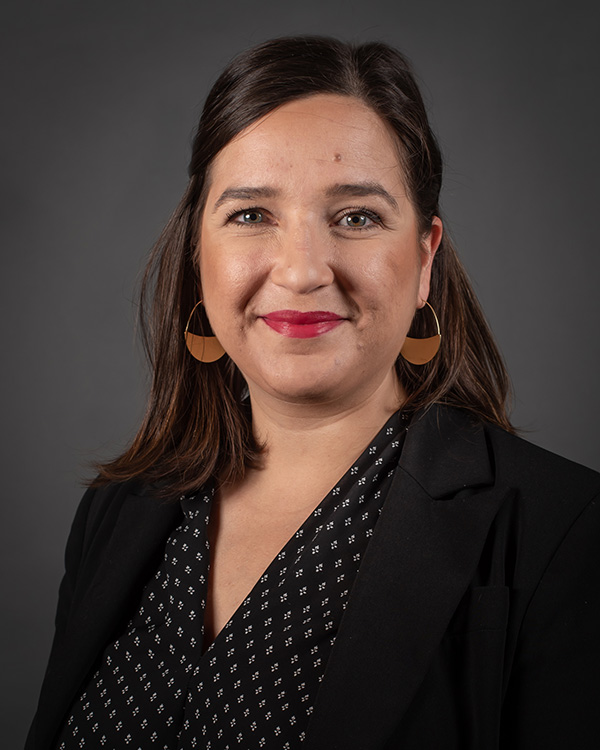It’s spooky season — and not just because of Halloween! Midterms have come and gone, burnout is settling in and finals are a mere few weeks away. You’re exhausted, unmotivated and scared. Hang onto these three tips to survive law school:
Focus on your own progress
We’ve all seen those scary movies when the attacker is chasing the victim, and the victim inevitably trips and falls because they frantically kept turning around and panicking. Sometimes, law school feels exactly like that with unending readings, assignments, events and outlining.
Don’t waste your energy looking behind you and comparing yourself to your classmates. If this becomes a habit, you won’t thrive or survive. The more we measure our progress based on our classmates, the more likely we are to trip and fall into negative and unproductive mental cycles.
Stay focused on ensuring that every step you take to completing law school is a sure one, and measure progress by making sure that you are taking intentional steps to become the kind of attorney and person you want to be. Don’t get tripped up and distracted from your own success.

Figure out a support system
If Scooby Doo taught us one thing, it’s that NOTHING good ever happens when the gang splits up. The same is true for law school — you can’t and don’t have to go through it alone.
Now is the time to find your support system. Join an affinity group and get involved with people just like you — whether that’s Women in Law, OUTlaws and Allies, HALSA, BALSA, or First Gen Professionals (the possibilities are pretty much endless!). Surround yourself with friends, who will watch your back, keep you motivated and help you get through these next scary few weeks. Don’t be afraid to reach out to your professors and schedule a time to talk with Dean Terranova.
You can’t get through law school alone. Find your survival squad, don’t split up, and thrive at Green Hall.
Face your fears
It’s easy to feel like Boo in “Monsters Inc.” — too afraid of all the unknown and too scared to look under the bed or in the closet to address what’s scaring us most. But we have to face our fears head on because sometimes our fears aren’t scary at all (and actually just as sweet as Sully). You can’t let the stresses of tomorrow’s deadlines rob you of today’s joy.
Next time you walk into Green Hall and feel overwhelmed and scared of the daunting and unknowable challenges of finals, be prepared to attack these fears. Think about the joy you felt getting your acceptance letter and look forward to the joy of walking that graduation stage.
Every day, you are one step closer to being an attorney. On days when you’re unmotivated, dreading reading or going to a class or just overwhelmed by all you have to do, just take a deep breath — you get to be here and you belong here. It will sometimes be difficult and draining, but it will always be worth it. But don’t let your fears paralyze you or stop you from progressing. Address those fears directly and don’t back down.
As you enjoy this Halloween weekend, don’t forget the three tricks to surviving law school: 1) focus on your own progress, 2) figure out a support system and 3) face your fears.
— By Olivia Almirudis Schneider, a 2L from San Antonio, Texas and a KU Law Student Ambassador
